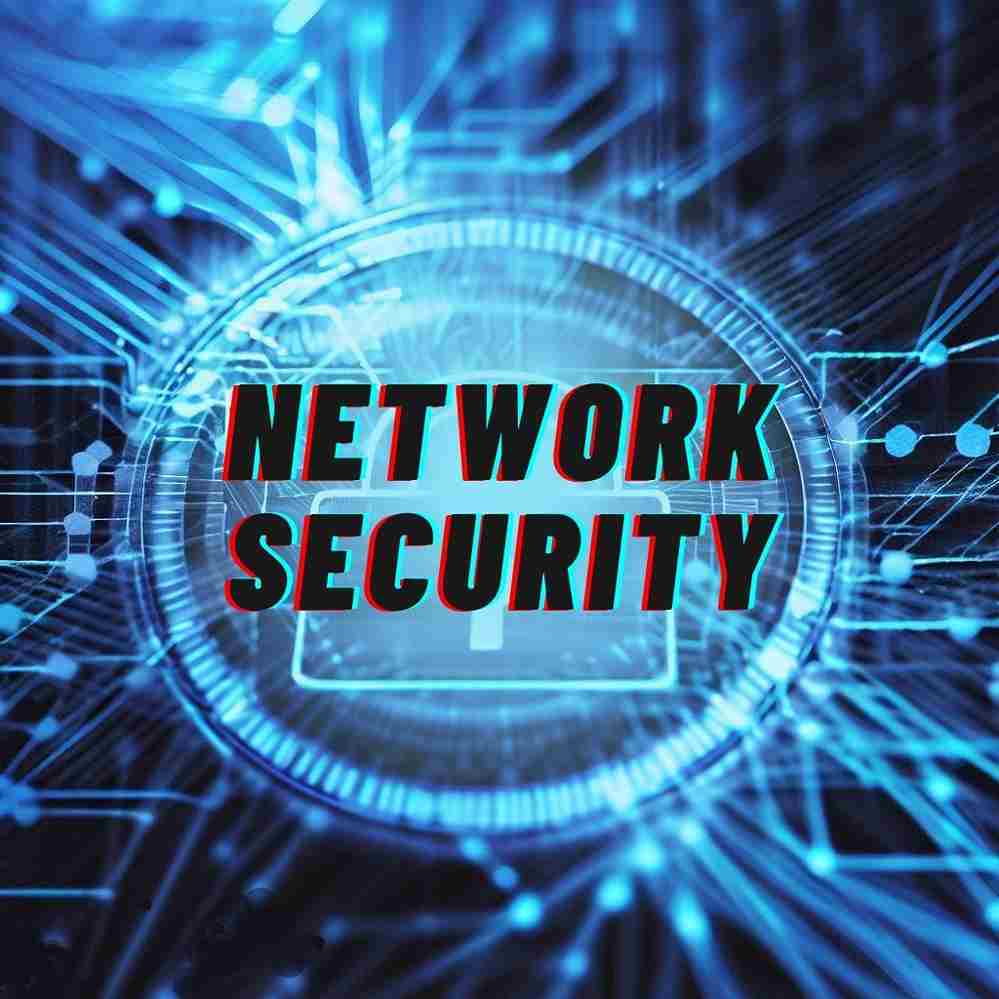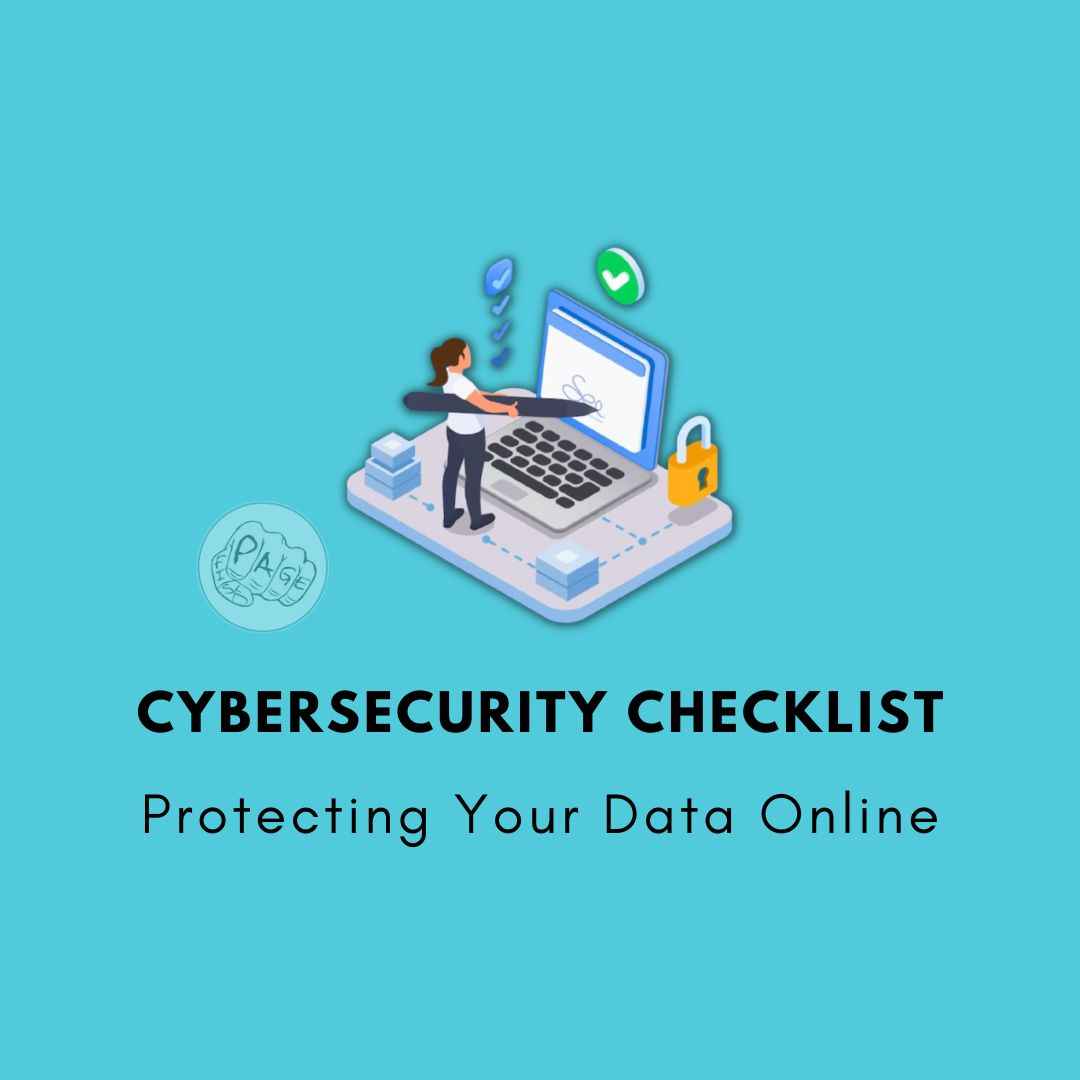What is Network Security
Network security is the practice of protecting the integrity, confidentiality, and availability of data and systems on a network. It involves implementing policies, procedures, and technologies to prevent unauthorized access, misuse, modification, or disruption of network resources. Network security is essential for ensuring the safety and privacy of users, customers, and organizations that rely on networked communication and services.
Network security is the practice of protecting a network and its devices, data, and users from unauthorized access, misuse, or malicious attacks. Network security involves implementing various policies, procedures, and technologies to prevent or mitigate the risks of cyberattacks.
Some of the common network security threats include:
- Malware: malicious software that infects a device or a network, such as viruses, worms, ransomware, spyware, etc.
- Phishing: fraudulent emails or websites that trick users into revealing sensitive information or downloading malware.
- Denial-of-service (DoS) attacks: attempts to overwhelm a network or a server with traffic or requests, rendering it unavailable or slow.
- Man-in-the-middle (MITM) attacks: interception of the communication between two parties, such as eavesdropping, altering, or redirecting the data.
- SQL injection attacks: insertion of malicious SQL commands into a database query, resulting in data theft, corruption, or deletion.
- Zero-day exploits: attacks that exploit a previously unknown vulnerability in a software or a system, before it is patched or fixed.
To protect a network from these and other threats, network security professionals need to employ various strategies and tools, such as:
- Firewalls: devices or software that filter the incoming and outgoing traffic based on predefined rules, blocking or allowing certain packets.
- Antivirus and anti-malware software: programs that scan, detect, and remove malware from a device or a network.
- Encryption: the process of transforming data into an unreadable format, using a secret key, to prevent unauthorized access or modification.
- Authentication and authorization: the methods of verifying the identity and the permissions of a user or a device before granting access to a network or a resource.
- VPNs: virtual private networks that create a secure tunnel between two endpoints, encrypting the data and masking the IP address.
- Intrusion detection and prevention systems (IDS/IPS): systems that monitor the network activity and alert or block any suspicious or malicious behavior.
Network security is an essential aspect of any organization's cybersecurity posture. It requires constant vigilance, updating, and testing to ensure that the network is resilient and reliable. Network security professionals need to keep up with the latest trends and developments in the field, as well as the evolving tactics and techniques of cyber criminals. Network security is not only a technical challenge but also a human one, as it depends on the awareness and behavior of the network users. Therefore, network security education and training are also important components of a comprehensive network security strategy.
Share This Post
Related Articles
Unlocking the Potential of IoT: A Comprehensive Exploration
Dive into the world of IoT as we unravel its intricacies, significance, benefits, standards, security concerns, and evolution. Discover how IoT is reshaping our lives and businesses!
Cybersecurity Checklist: Protecting Your Data Online
Discover the ultimate Cybersecurity Checklist for safeguarding your valuable data online! Learn expert tips, tricks, and strategies to keep your information secure in the digital age.
What is Password Manager?
Explore the digital guardian realm! What is a Password Manager? Dive into the cyber sanctuary, decode its magic, and learn why it's your shield in the online jungle.
Common Cybersecurity Issues That Organizations Face
In today's interconnected digital landscape, cybersecurity has become paramount for businesses of all sizes. As technology advances, so do the tactics of cybercriminals. Organizations must be vigilant and proactive in safeguarding their sensitive information and digital assets. In this article, we'll delve into the common cybersecurity issues that organizations face, exploring their implications and suggesting strategies to mitigate these threats.
In Cyber Security, Why Think Like an Attacker?
Unveil the secrets of cybersecurity by adopting the mindset of an attacker. Learn ethical hacking, penetration testing, and proactive defense strategies to fortify your systems against evolving threats. Stay ahead, assess risks, and contribute to a security-conscious culture. Dive into the world of cybersecurity with this essential guide.
Related FAQ
No related FAQ.
Say Hello
To Your Dream





